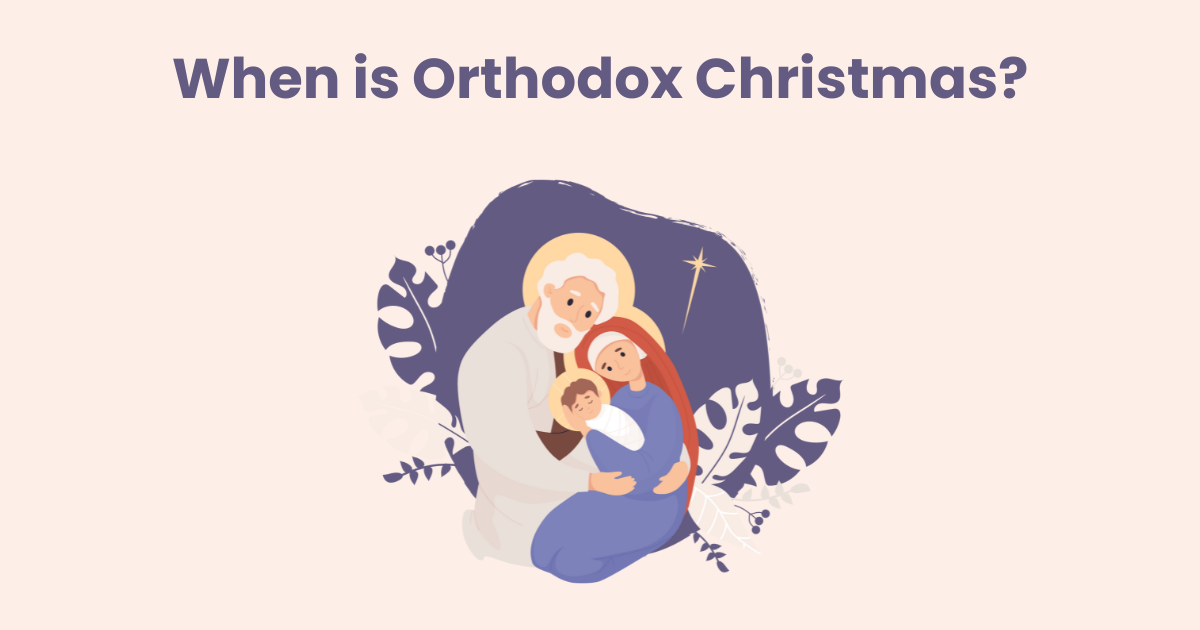When is Orthodox Christmas celebrated, and why is it celebrated? While many of us are accustomed to celebrating Christmas at the end of the year, with festivities on December 24th and 25th, for some, their Christmas falls around January 7th each year. This celebration is known as Orthodox Christmas. Let’s explore some interesting facts about Orthodox Christmas.
Table of Contents
When is Orthodox Christmas?
Orthodox Christmas, also known as Eastern Orthodox Christmas, commemorates the birth of Jesus Christ according to the Julian calendar. This calendar originated in 46 BCE and differs from the Gregorian calendar. Therefore, Christmas, according to the Julian calendar, usually falls around January 7th each year. When is Orthodox Christmas? It is not fixed and may vary depending on different Julian calendar variations.
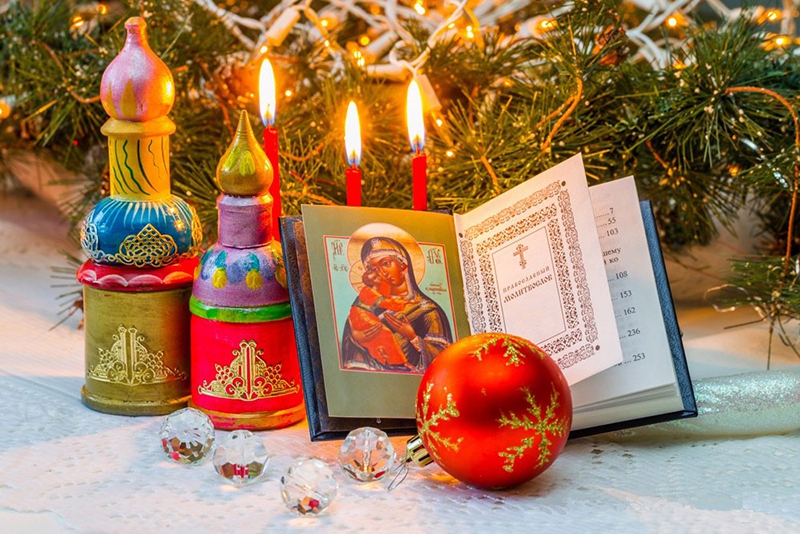
Why is There a Julian Calendar?
The Julian calendar was established by Julius Caesar in 46 BCE and was not intended to divide Christmas dates. In fact, December 25th was chosen as the Christmas celebration day in the 4th century by the Catholic Church, which is 400 years after the Julian calendar was established.
Due to calendar discrepancies in the Julian calendar calculations, regions using the Julian calendar started celebrating Christmas later, as December 25th was a different day compared to the Church’s calendar.
For some Orthodox Churches in regions like Greece, Russia, Ukraine, or Bulgaria, Orthodox Christmas holds significant religious importance and is often associated with many characteristic religious activities depending on the region.
Which Countries Celebrate Orthodox Christmas?
Apart from regions where Orthodox Christianity is predominant, Orthodox Christmas is widely celebrated in countries such as:
- Belarus
- Serbia
- Montenegro
- Georgia
- Republic of North Macedonia
- Bosnia and Herzegovina
- Bulgaria
- Ethiopia
- Armenia
- Eritrea
In Italy, Greece, Romania, and Poland, some people also follow the Orthodox Christmas calendar, although it’s not their main traditional festival.
Traditional Activities during Orthodox Christmas?
During Orthodox Christmas, several traditional activities are organized by Orthodox communities. Here are some common activities:
Church Services
Church services are an integral part of Orthodox Christmas celebrations. Generally, Orthodox Christmas is celebrated with the same solemnity as December 25th. The religious rituals and customs performed during these services may vary depending on the location and local traditions but usually include processions, carols, decorations, etc.
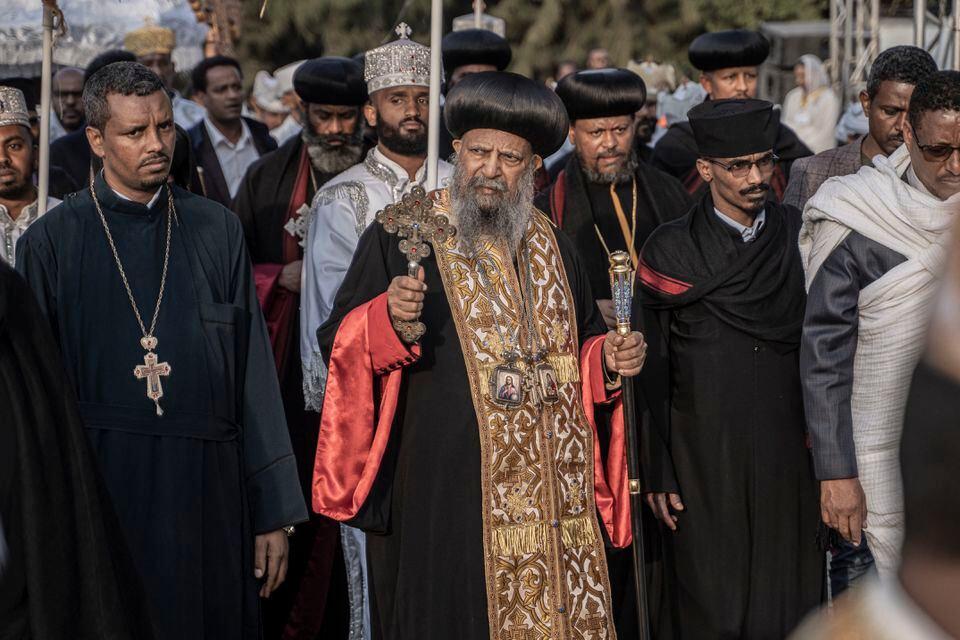
Parades
Parades often take place before or after church services. During these parades, people typically wear traditional costumes, carry banners, and engage in community activities.
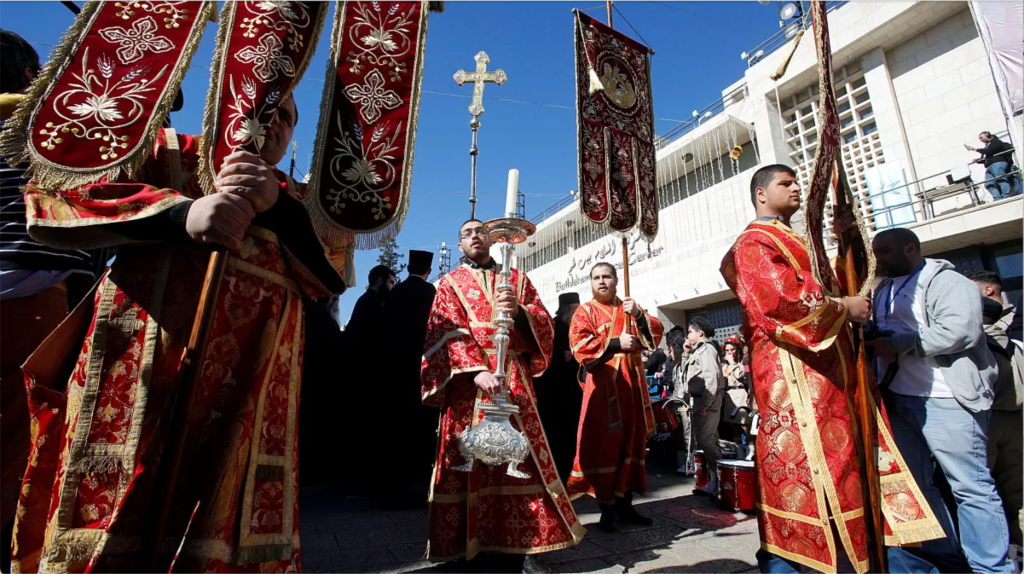
Family Feast
The Christmas feast is the most important and meaningful event in Orthodox Christmas. Families usually host a feast at home on the festival day, where they gather to eat and share joy in the warm atmosphere of the holiday.
Gift-Giving and Gatherings
Gift-giving and sharing joy with family, friends, and the less fortunate are integral parts of the tradition. Gifts are exchanged, and their significance is no different from those exchanged on December 25th.
Traditional Songs and Dances
Orthodox Christmas is a lively and vibrant celebration with music and performances. Traditional songs and dances are often performed during commemorative events, creating a lively and festive atmosphere for everyone.
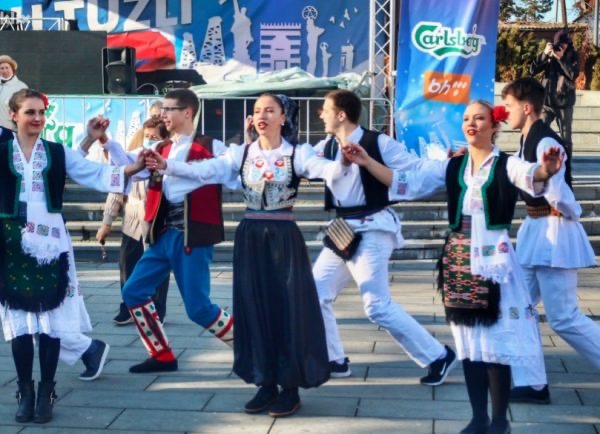
These activities not only serve as ways for the community to commemorate and honor the holiday but also as opportunities for them to connect and create memorable experiences together.
Addressing Conflicts Arising from the Two Christmas Celebrations in A Year
When Orthodox Christmas is celebrated, it has been a controversial topic for years. You might wonder if countries that follow the Julian calendar officially celebrate Christmas on December 25th or not. The answer is no. The adoption of the Julian calendar was not related to religious or ethnic conflicts, so essentially, having two Christmas days is merely a result of a calendrical discrepancy.
However, there were still some issues when multiple Christmas days coexisted: In May 1923, a group of Orthodox leaders convened to address the issue. Held in Constantinople, the Orthodox Synod brought together delegations from churches in Constantinople, Cyprus, Greece, Romania, Russia, and Serbia.
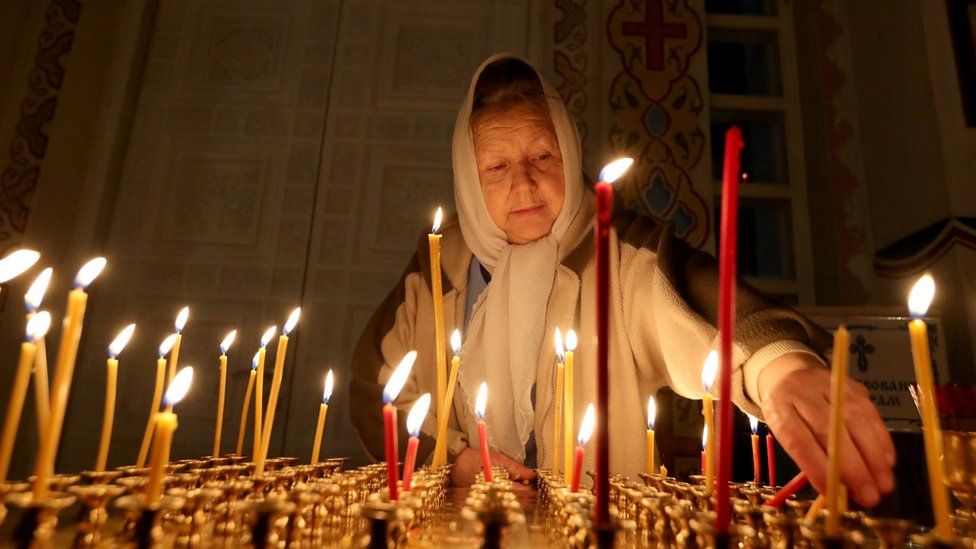
The discussion was lively: Historian Aram Sarkisian wrote that the Russian Orthodox Church felt pressured by the Bolsheviks to adopt the Gregorian calendar, which they abandoned immediately after the start of the Russian Revolution. Calendar adjustments were not only religious issues: For churches whose existence was threatened under Communist rule, adjusting the calendar was a matter of survival.
It can be seen that modifying or merging the two Christmas dates would affect both traditional and political factors within individual countries. To address this issue, Serbian scientist Milutin Milanković proposed modifying the Julian calendar into an amended version, which was accepted by some Orthodox churches in Greece and Romania. These churches now celebrate Christmas on December 25th.
Kyiv and the Ceasefire on Orthodox Christmas
Amid the ongoing conflict between Russia and Ukraine, Russia made a temporary ceasefire move for 36 hours from January 6th to January 7th, 2022, to mark the Orthodox Christmas holiday.
This announcement was met with heavy scepticism from Ukraine and was immediately rejected by Kyiv. Kyiv deemed Putin’s move as “hypocritical” and dismissed it. In his nightly address on Thursday, Ukrainian President Volodymyr Zelensky stated that Russia intended to use the Orthodox Christmas holiday “as a cover” to replenish its forces and halt Ukraine’s progress in eastern Donbas.
Presidential adviser Mykhailo Podolyak responded to Putin’s move by saying that Russia must leave “the occupied territories” in Ukraine before any “temporary ceasefires.”
Ukrainians sang Christmas songs as they held Bethlehem stars and sheaves of wheat during a parade in Lviv on January 6th, 2022.
The proposal for a temporary ceasefire also drew international attention.
U.S. President Joe Biden expressed scepticism on Thursday, telling reporters that he “reluctantly respond[s] to anything Putin says. I find it interesting. He’s ready to bomb hospitals, kindergartens, and churches on the 25th and New Year’s.”
On Friday, the conflict in Ukraine continued after the proposed ceasefire time began at noon Moscow time (4 a.m. ET), with CNN teams observing artillery gunfire in and around Bakhmut in eastern Ukraine.
Read More:
- 40+ Christmas Movie Quiz 2024 For Party Game Night
- 40 Christmas Party Games To Unwrap The Fun
Key Takeaways
How can we make Orthodox Christmas more engaging and thrilling? Let’s celebrate a virtual Orthodox Christmas trivia night! Gather your friends and family, and leverage AhaSlides free quiz maker and spinner wheel to create a meaningful party.
More tips and advice about events? Pick an event that you’re concerned with, and we’ll give you a helping hand!
FAQs
Does Orthodox Christianity celebrate Christmas twice?
No, Orthodox Christianity typically does not celebrate Christmas twice. However, some Orthodox communities, such as Eastern Catholic and certain Eastern Orthodox groups, use the Julian calendar to calculate holidays. Due to the difference between the Julian and Gregorian calendars, their Christmas often falls on January 7th according to the Gregorian calendar, leading to confusion about celebrating twice. However, this is not a case of celebrating twice but rather a result of using different calendars.
What are some traditional foods during Orthodox Christmas?
Food is central to Orthodox Christmas commemorations, and traditions vary by region. For example, in Russia, a dish called kutya, made from wheat and rice, is eaten on Christmas Eve, often from a common bowl, symbolizing unity. The food is sometimes thrown onto the ceiling; if it sticks, the tradition will continue, and good luck will follow. Copts in Egypt have a morning meal of fattah, a dish with bread and meat, while members of the Ethiopian Orthodox Church eat wat, a stew typically made with chicken from a rooster divided into 12 parts, symbolizing the 12 apostles, along with 12 eggs.
Ref: bostonglobe
